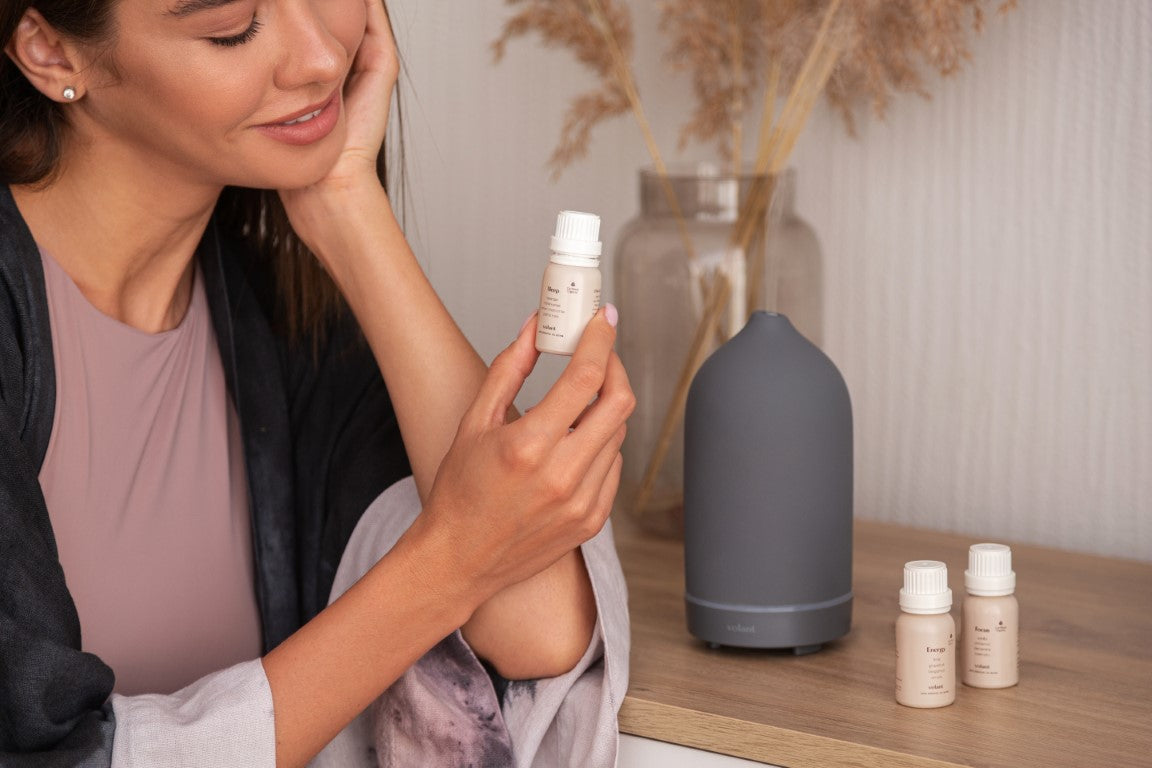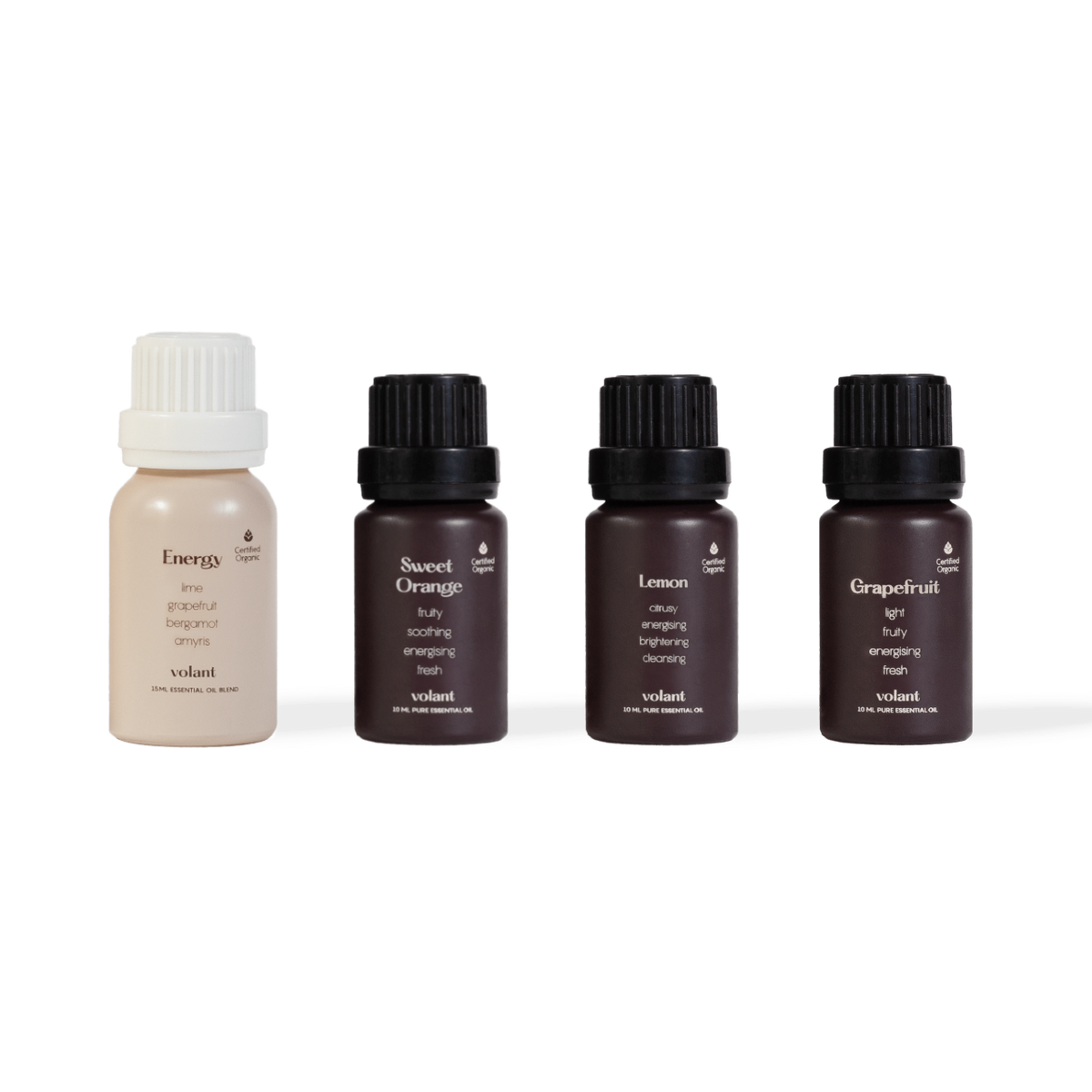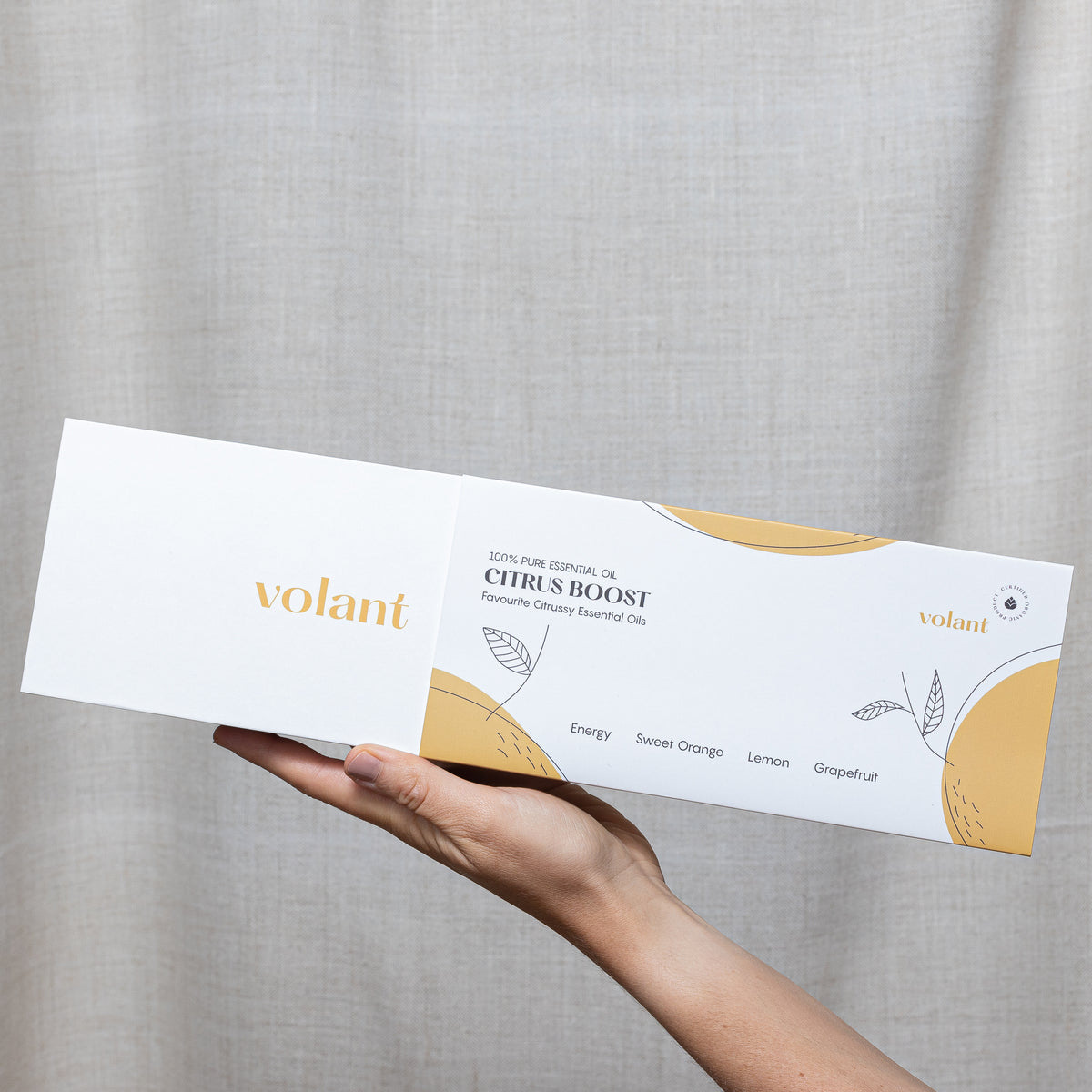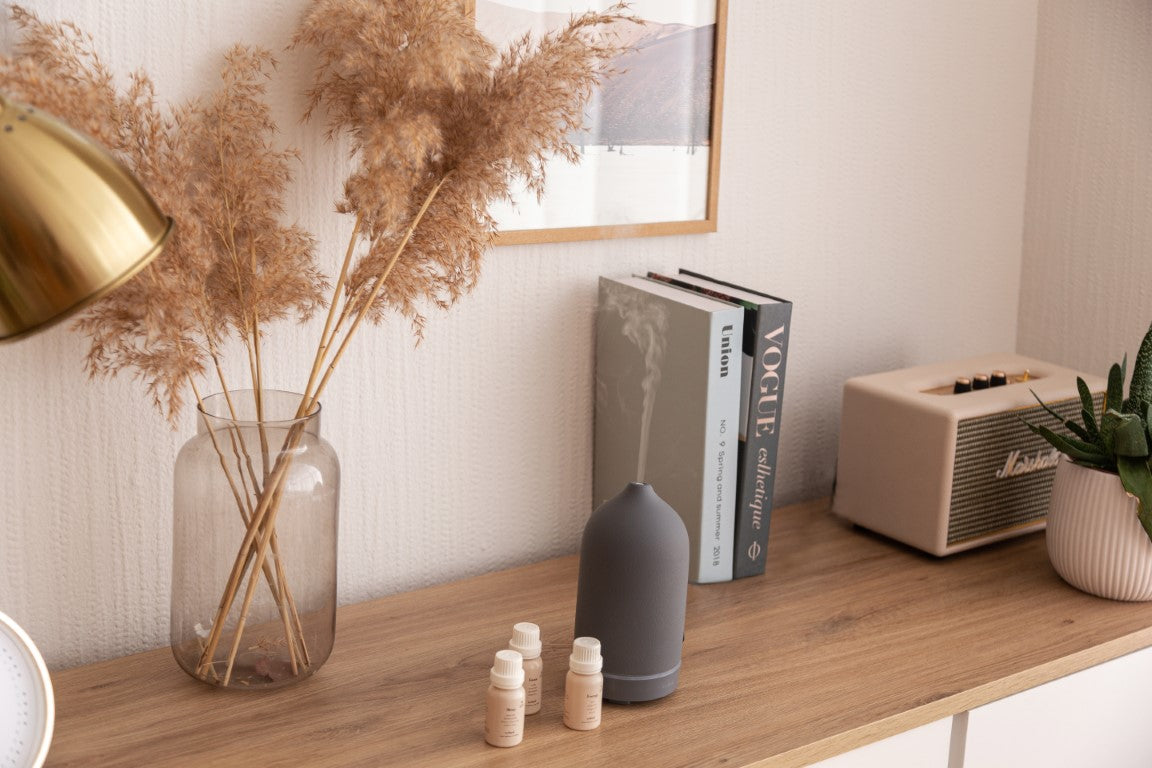For example, did you know that Captain James Cook used tea tree oil back in 1772 to protect his crew from scurvy? Or that being caught using essential oils for medicinal reasons in the 17th century could have led to you being hanged as a witch?
Let’s delve deeper into the five most amazing facts that you didn’t know about aromatherapy oils. These fascinating facts will change the way that you see essential oils forever.
1. Essential oils aren’t actually oils

Let’s begin with a fact that you might find quite shocking: essential oils aren’t actually oils. Are you confused yet? To be categorised as an oil, a substance needs to contain fatty acids, which essential oils do not contain. So, if they aren’t classed as oils, what exactly are essential oils?
Essential oils are highly concentrated, volatile (meaning they evaporate quickly) compounds that are extracted from plants. The substance that is extracted contains potent medicinal and cosmetic properties, as well as having a strong aroma.
You might be wondering how an essential oil is extracted from a plant. This process can be done in one of two ways: through distillation or mechanical methods. Whichever method is selected, this remains a delicate and fragile process which must be done carefully to retain the unique properties and qualities of the plant.
Most essential oils are extracted through low-pressure steam distillation. This delicate process involves passing steam through a vat which is filled with the desired plant, seed, flower or wood. The steam becomes enriched with the essential oil, carrying it into a coil where it condenses back into a liquid. The essential oil is then extracted from the water and bottled.
Another popular method of extracting essential oils is through cold pressing. This method is mainly used in citrus oils such as orange, lemon, and grapefruit oil. The fruit is passed over rasping cylinders that puncture the outermost layer of the fruit’s rind. This causes the sacs which contain essential oil to burst open. Water is then sprayed over the fruit to collect the leaking essential oil, after which the essential oil can be carefully separated from the water to be bottled.







